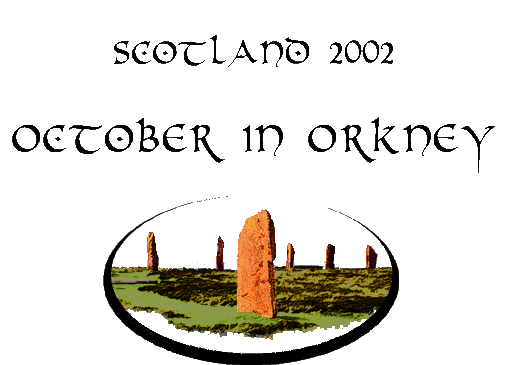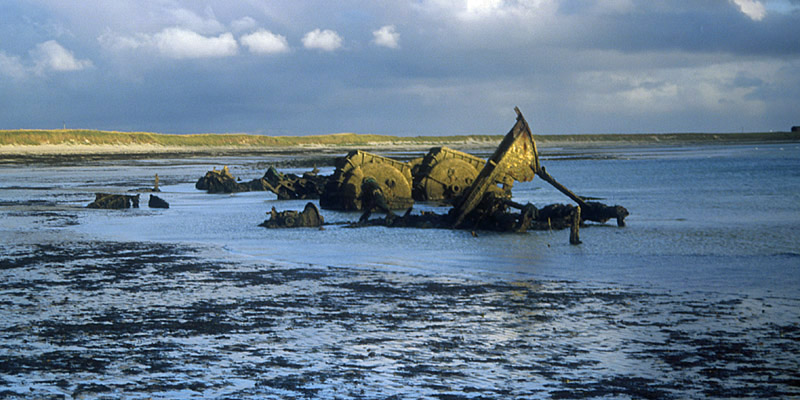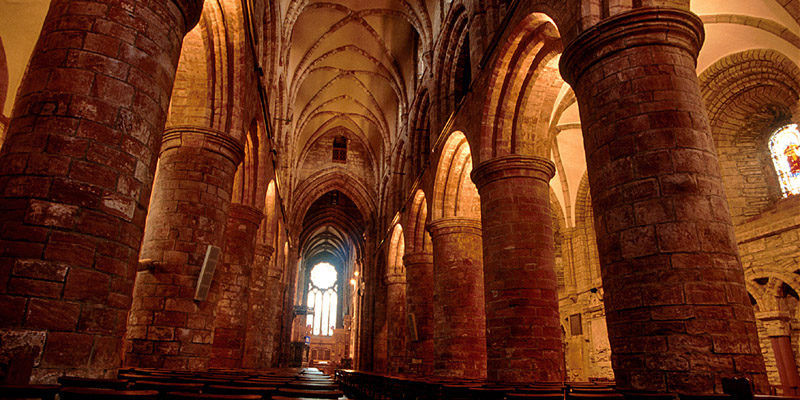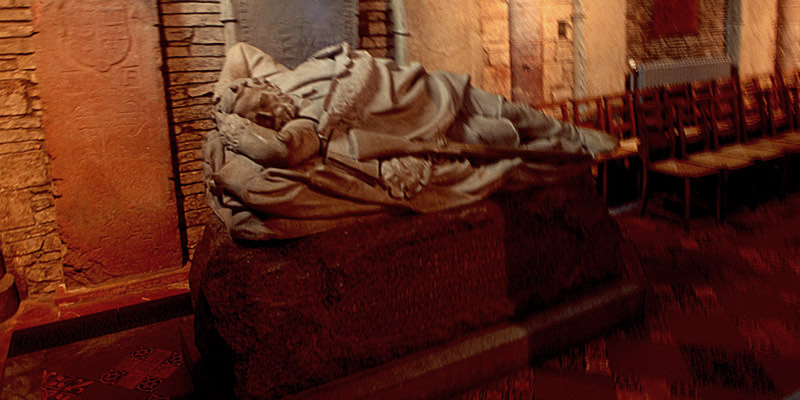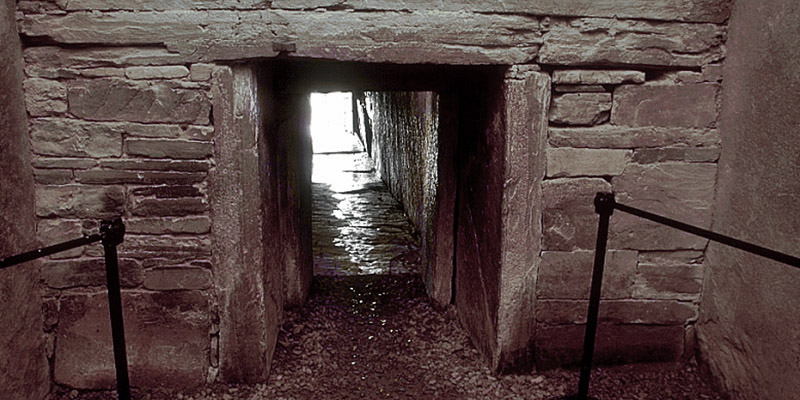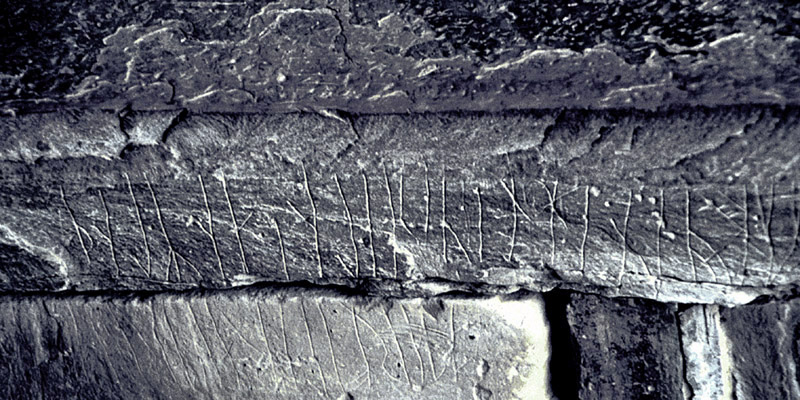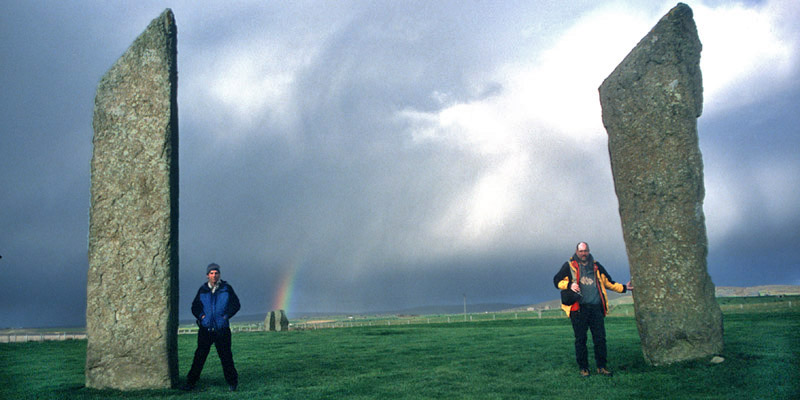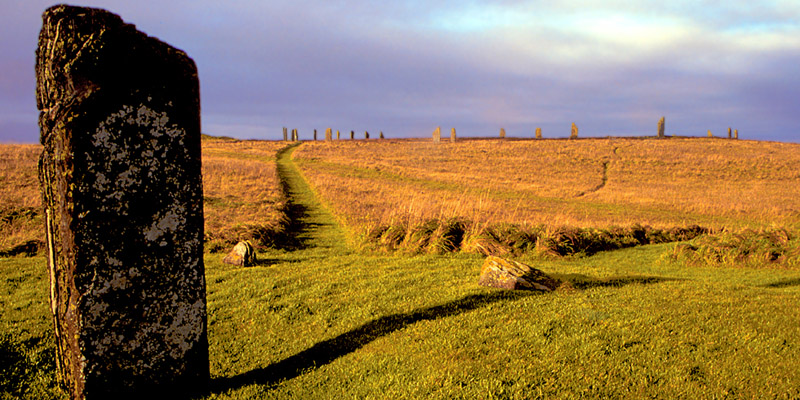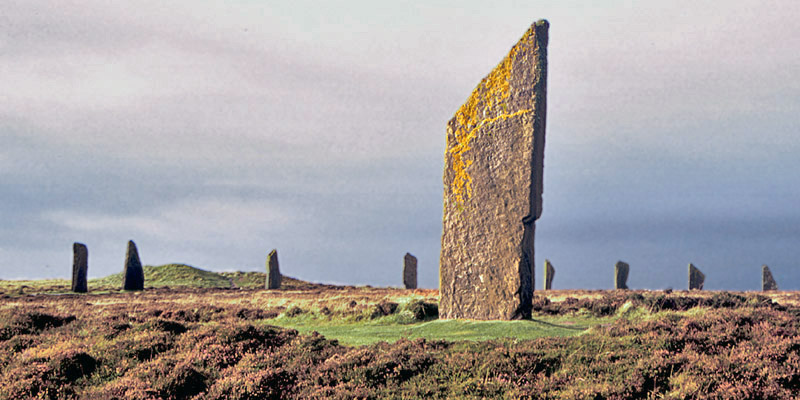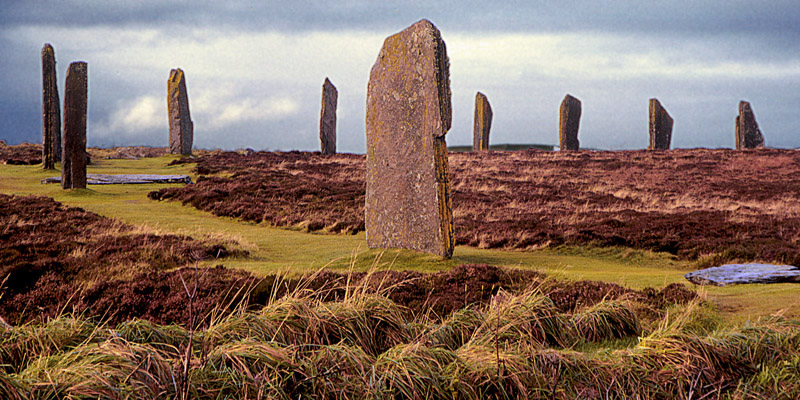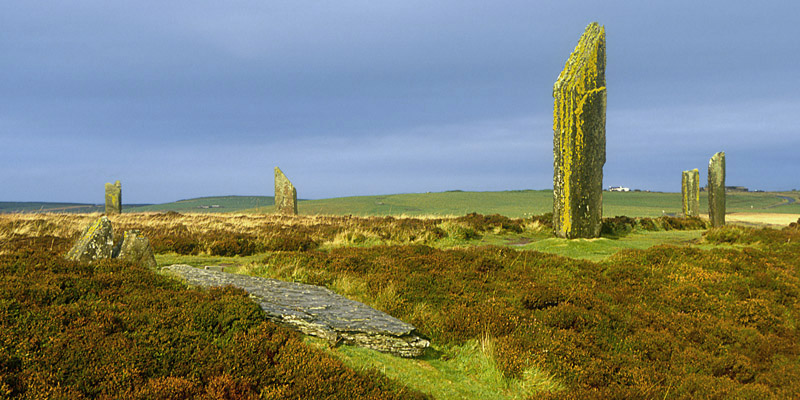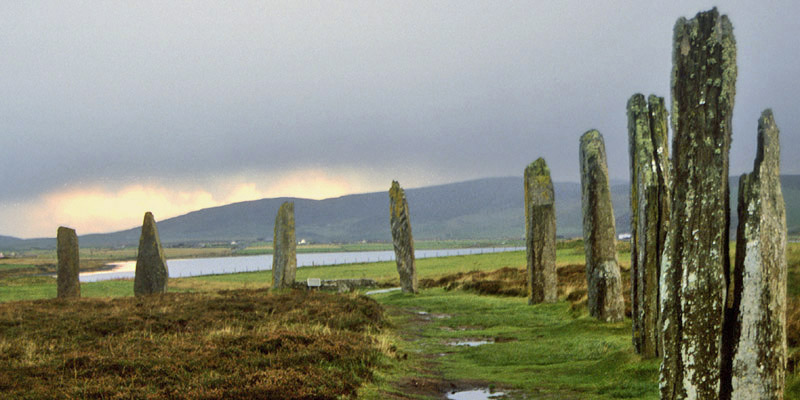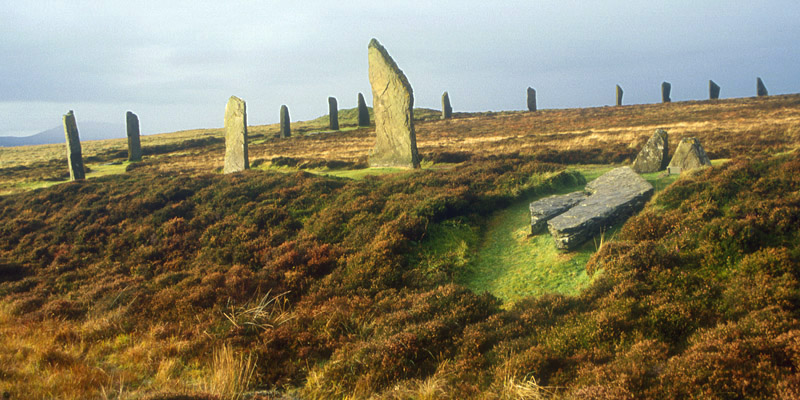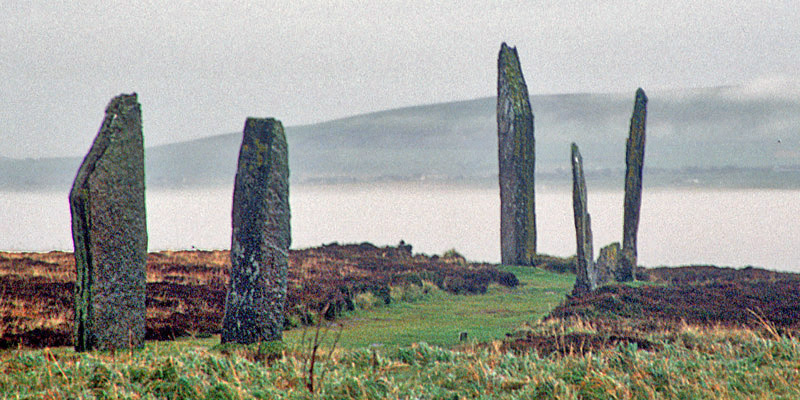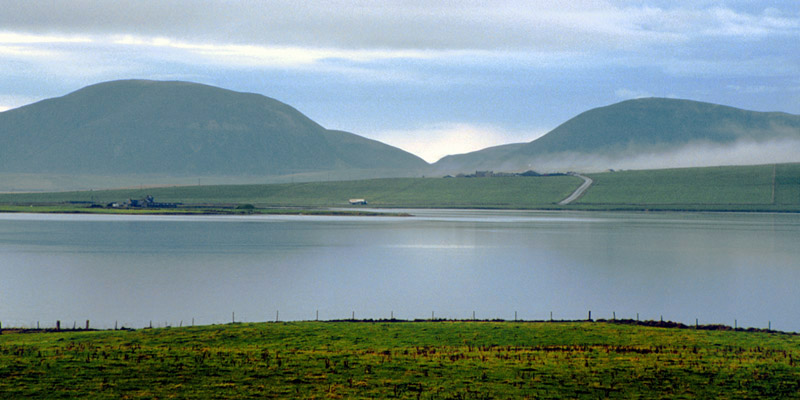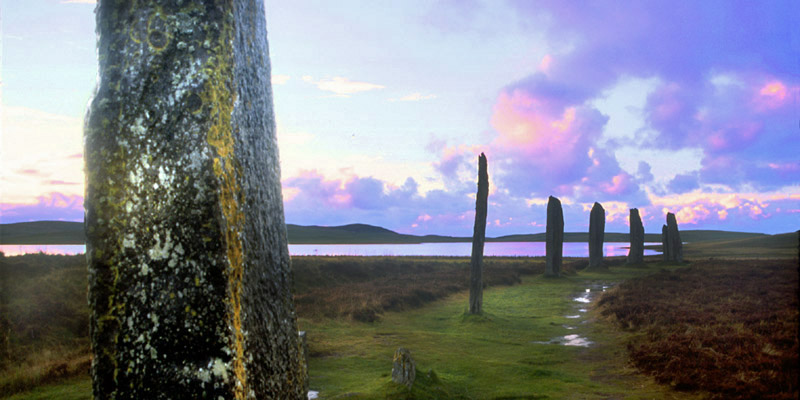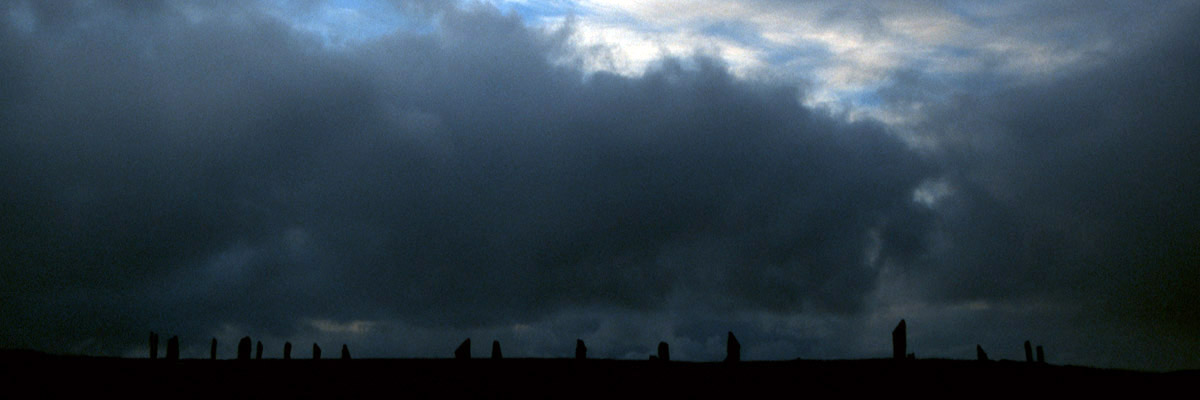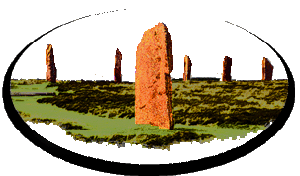4
Friday
In
the morning we have time to take a drive out along one of the many beaches which
give Sanday its name, with a view of the largely sunken remains of a German
destroyer from WWI. We are suffering today; the Roasted Chicken & Thyme
crisps we bought in Durness have left our lips desiccated—nay, mummified. We
stop into a shop to look for some sort of lip balm. The tiny shop reminds me of
the one in the movie Local Hero, the kind of place where you can get most
anything. If they don’t have it, you don’t need it. An older woman arrives on a
motor scooter and shops with her helmet on. Another older woman (the flight of
youth from these remote isles is a major problem) asks our help in getting
something off an upper shelf. Four customers make for a very crowded shop. We
ask our new friend for help in finding lip balm. There are two types—regular
(which turns out to taste like soap) and strawberry. “Strawberry, that’s good
for kissy-kissy,” she tells us. “Not with him,” I answer, and we all laugh. We
buy our lip balm, and as we drive away, Helmet Lady zips off up the road. Upper
Shelf Lady is just getting into her car. Win leans out the window and calls,
“Kissy-kissy!” and blows her a kiss. She blows one back.
By midday we
are back in Kirkwall. Win has some business to conduct and goes off in search
of an internet café. I take a quick run through the Orkney Museum in Tankerness
House, which recounts the archipelago’s history, from Neolithic and Iron Age
settlement through the medieval earldom of the Vikings and on into 20th century
military history. I’ve seen much of this information in various other sources,
notably the Royal Museum in Edinburgh, so I feel no need to linger; but the
museum gives an excellent overall picture.
We meet up again inside the
extraordinary St. Magnus Cathedral, the northernmost in Britain. The bulk of
construction was done in the first half of the 12th century, although there have
been additions over the years, and of course numerous patches and repairs. I
can’t recall seeing any other religious structures in Scotland of this vintage
and size that have survived the Reformation intact. The sandstone gives the
interior a warm glow unlike anything I’ve ever seen. This is a truly awesome
place.
In the choir is a monument to one of my heroes, the 19th century
arctic explorer Dr John Rae. Dr Rae worked for the Hudson’s Bay Company, which
recruited heavily in Orkney, and is credited with discovering the fate of the
Franklin expedition, lost in search of the Northwest Passage. He was disdained
by English society, however, both for having “gone native” in his explorations,
and for reporting evidence of cannibalism amongst Franklin’s starving crew. It
apparently did not occur to the Victorians that those who learn to live like
the locals do not need to resort to eating each other. For
more information on Rae and the search for the Passage, read Pierre Berton’s
book, The Arctic Grail.
We leave Kirkwall and head toward
Stromness. A few miles outside the latter lie several of the more spectacular
ancient monuments of Orkney—the Standing Stones of Stenness, the Ring of
Brodgar, and Maes Howe. The Stenness stones are the remnants of a larger array,
tantalizingly incomplete. Brodgar is more readily appreciated, if no better
understood—a large ring of standing stones in a picturesque setting on an
isthmus between two lochs, one salt and one fresh, with the imposing hills of
the southern island of Hoy in the background. It’s a place that makes you want
to linger, and indeed, Win will ask to revisit it later in the trip, despite a
miserable rain.
Maes Howe is the most impressive of all the chambered
tombs, rivaled in my experience only by Newgrange in Ireland. Built of neatly
cut stones, its passageway is high enough to walk through bent over. As at
Newgrange, the setting sun shines down the passageway for a few days on either
side of the winter solstice. The neatness of the main chamber is spoiled only by
the concrete cover over the top, made necessary by Vikings, who, unable to find
the passageway some thousand years ago, broke in through the top, looking for
treasure. The runic graffiti they carved into the walls indicate that this room
was for them a place for illicit assignations: “Many a woman has lowered herself
to enter this place,” reads one inscription archly. The British historian Simon
Schama, in his BBC television series, A History of Britain, translates
another as “Ingegerth is one horny bitch.”
Maes Howe is one of several
Historic Scotland sites in Orkney that charge a modest admission fee. A discount
pass is available for all of these, at the visitor center for any of them.
We check into our lodging in Stromness, the Orca Hotel. The name evokes
not only killer whales, but also the Roman name for the islands, Orcades. Our
hosts are a remarkable couple: a striking Austrian woman named Doris, and her
energetic partner Malcolm, a Geordie (i.e. from the northern English county of
Northumberland). It is more a guesthouse than a hotel, but the hotel license allows
them to serve alcohol in their excellent basement restaurant, Bistro 76.
Stromness is smaller than Kirkwall, with fewer services, but it has a
charm that stems in part from its Nordic heritage. Stone houses turn their gable
ends to the water, and the winding mile-long main street is more friendly to
pedestrians than to cars. The town stretches along the waterfront, pushing only
a few blocks up the hillside. Almost every house has a splendid view.
Dinner and pints this evening are in the Stromness Hotel, listed in The
Good Beer Guide, naturally. The featured ale is the local Orkney Brewery’s Red
MacGregor. A small bar off the main room serves a fine array of single malt
Scotch whiskies, including several from the local Scapa and Highland Park
distilleries. The famed beer and whisky writer Michael Jackson (no, not
that Michael Jackson) calls Highland Park “the greatest all-rounder in
the world of malt whisky”. We are hoping to have a visit there in the next few
days, but will not find the time.
Next
|
